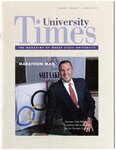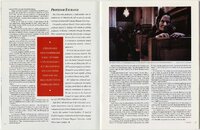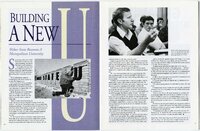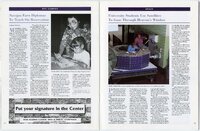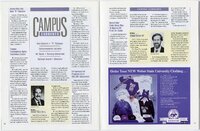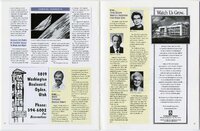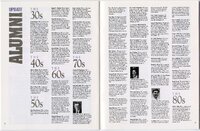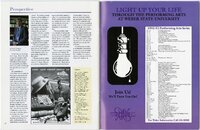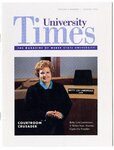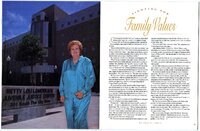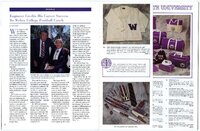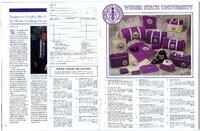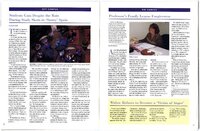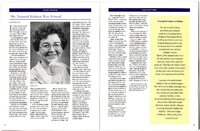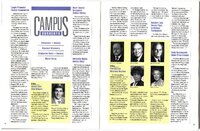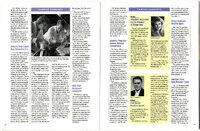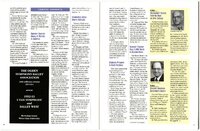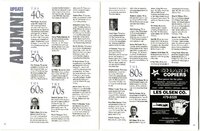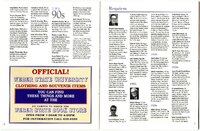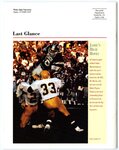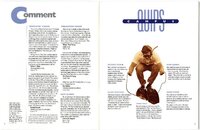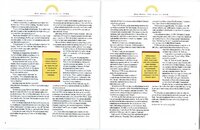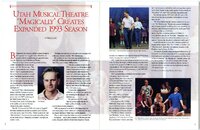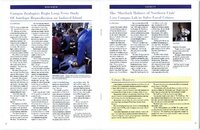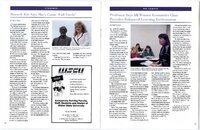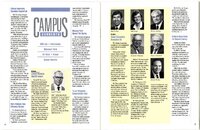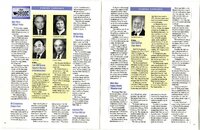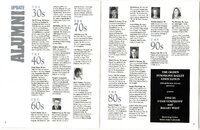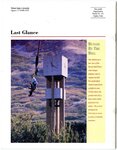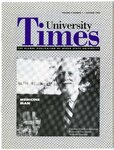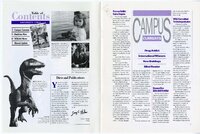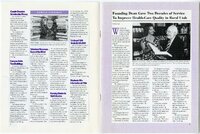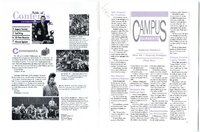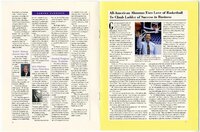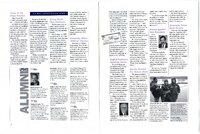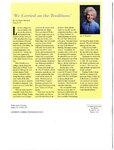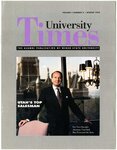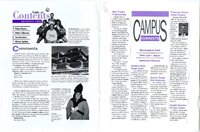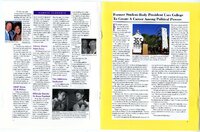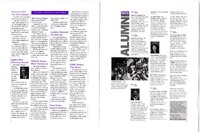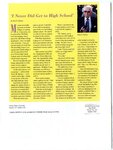| Title |
1991-1995 University Times |
| Alternative Title |
Alumni Magazine |
| Creator |
Weber State University |
| Contributors |
Associated Students and Alumni of Weber College |
| Description |
The annual alumni publication of Weber State University. |
| Subject |
Ogden (Utah); Weber College; Weber State College; Weber State University--History |
| Digital Publisher |
Stewart Library, Weber State University, Ogden, Utah, USA |
| Date Original |
1991; 1992; 1993; 1994; 1995 |
| Date |
1991; 1992; 1993; 1994; 1995 |
| Date Digital |
2018 |
| Temporal Coverage |
1948; 1949; 1950; 1951; 1952; 1953; 1954; 1955; 1956; 1957; 1958; 1959; 1960; 1961; 1962; 1963; 1964; 1965; 1966; 1967; 1968; 1969; 1970; 1971; 1972; 1973; 1974; 1975; 1976; 1977; 1978; 1979; 1980; 1981; 1982; 1983; 1984; 1985; 1986; 1987; 1988; 1989; 1990; 1991; 1992; 1993; 1994; 1995; 1996; 1997; 1998; 1999; 2000; 2001; 2002; 2003; 2004; 2005; 2006; 2007; 2008; 2009; 2010 |
| Medium |
periodicals |
| Item Description |
Issue of the University Times |
| Spatial Coverage |
Ogden, Weber County, Utah, United States, http://sws.geonames.org/11788968, 41.22809, -111.96766 |
| Type |
Text |
| Conversion Specifications |
Archived TIFF images were scanned with an Epson Expression 10000XL scanner. OCR by ABBYY Reader. JPG files created for general use. |
| Language |
eng |
| Rights |
Materials may be used for non-profit and educational purposes; please credit University Archives, Stewart Library, Weber State University. |
| Source |
Weber State University Archives |
| Format |
application/pdf |
| ARK |
ark:/87278/s6rdrjxn |
| Setname |
wsu_alumni |
| ID |
7 |
| Reference URL |
https://digital.weber.edu/ark:/87278/s6rdrjxn |
| Title |
1991 University Times - 1991_Alumni_Winter_008 |
| Creator |
Weber State University |
| Contributors |
Associated Students and Alumni of Weber College |
| Description |
The annual alumni publication of Weber State University. |
| Subject |
Ogden (Utah); Weber College; Weber State College; Weber State University--History |
| Digital Publisher |
Stewart Library, Weber State University, Ogden, Utah, USA |
| Date Original |
1991 |
| Date |
1991 |
| Date Digital |
2018 |
| Temporal Coverage |
1948; 1949; 1950; 1951; 1952; 1953; 1954; 1955; 1956; 1957; 1958; 1959; 1960; 1961; 1962; 1963; 1964; 1965; 1966; 1967; 1968; 1969; 1970; 1971; 1972; 1973; 1974; 1975; 1976; 1977; 1978; 1979; 1980; 1981; 1982; 1983; 1984; 1985; 1986; 1987; 1988; 1989; 1990; 1991; 1992; 1993; 1994; 1995; 1996; 1997; 1998; 1999; 2000; 2001; 2002; 2003; 2004; 2005; 2006; 2007; 2008; 2009; 2010 |
| Medium |
booklets |
| Item Description |
Issue of the University Times |
| Spatial Coverage |
Ogden, Weber County, Utah, United States, http://sws.geonames.org/11788968, 41.22809, -111.96766 |
| Type |
Text |
| Conversion Specifications |
Archived TIFF images were scanned with an Epson Expression 10000XL scanner. OCR by ABBYY Reader. JPG files created for general use. |
| Language |
eng |
| Rights |
Materials may be used for non-profit and educational purposes; please credit University Archives, Stewart Library, Weber State University. |
| Source |
Weber State University Archives |
| Format |
application/pdf |
| Setname |
wsu_alumni |
| ID |
553 |
| Reference URL |
https://digital.weber.edu/ark:/87278/s6rdrjxn/553 |

